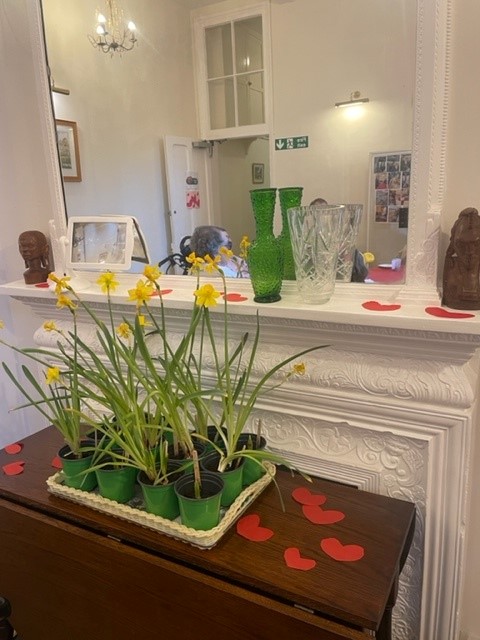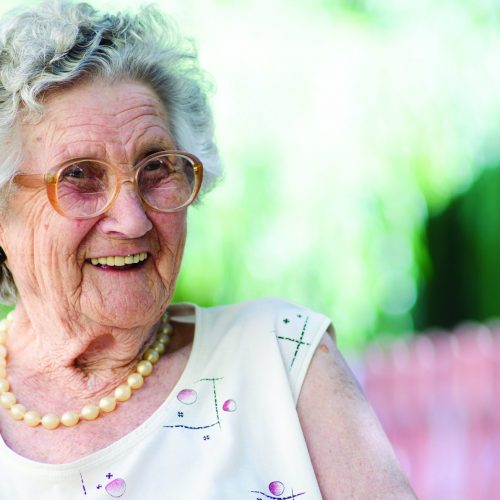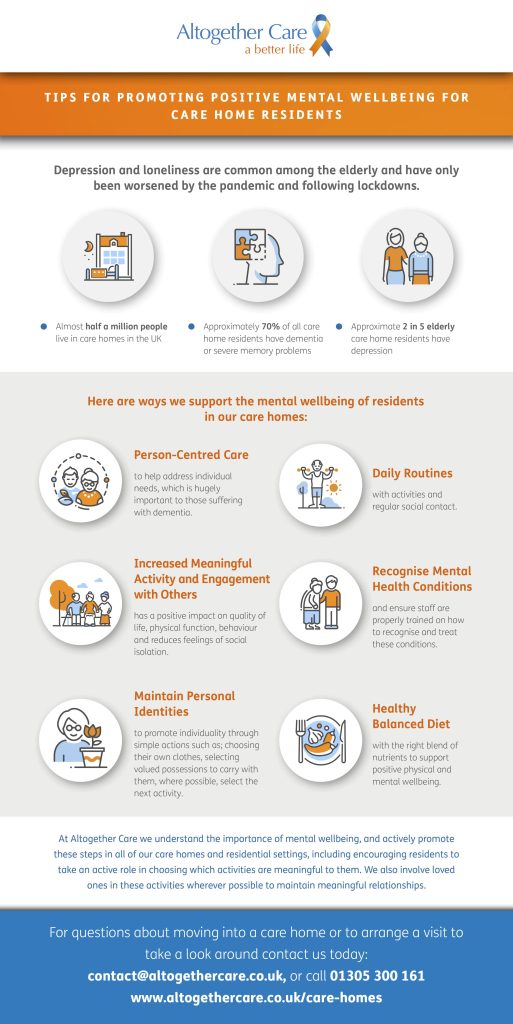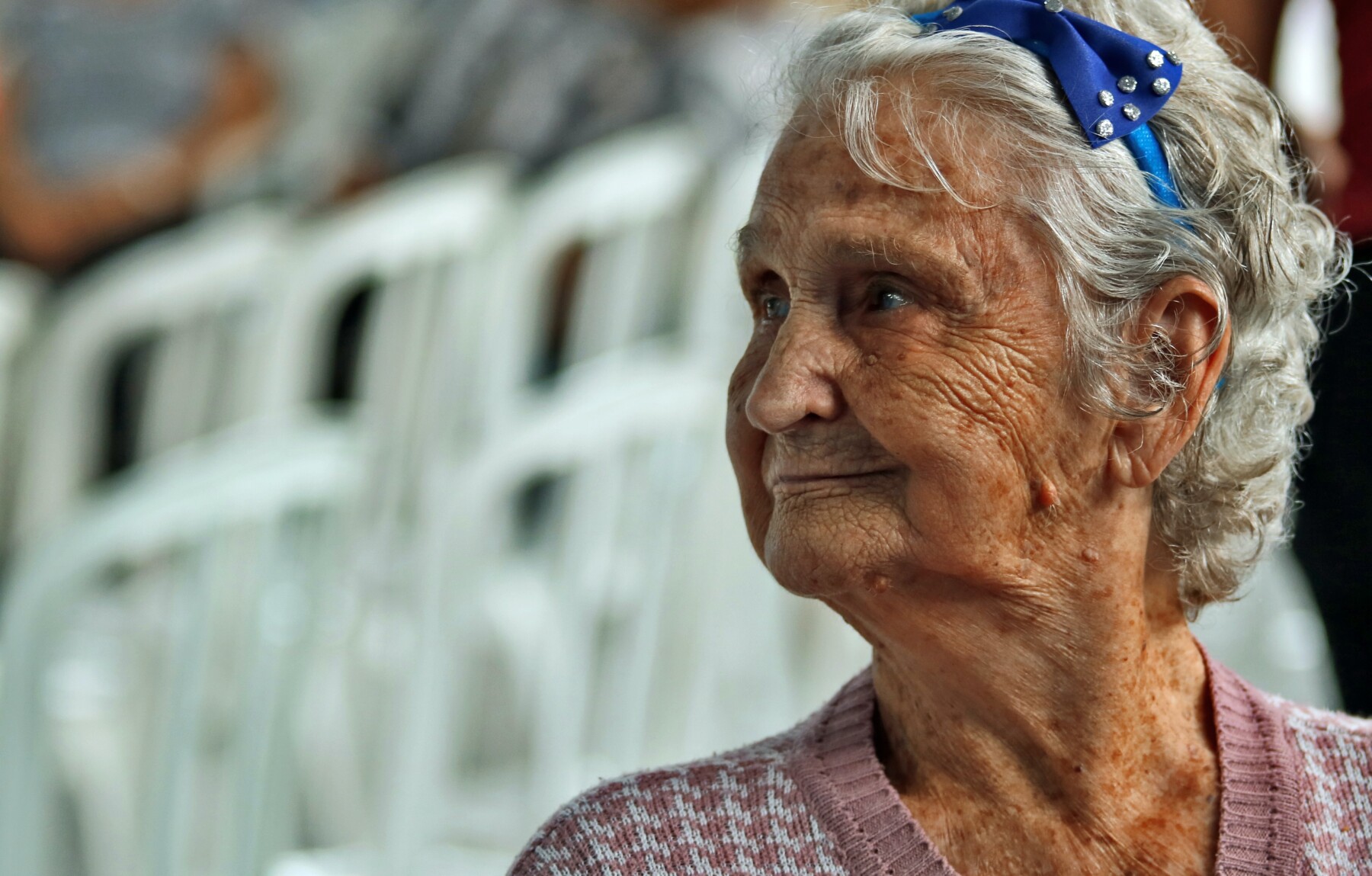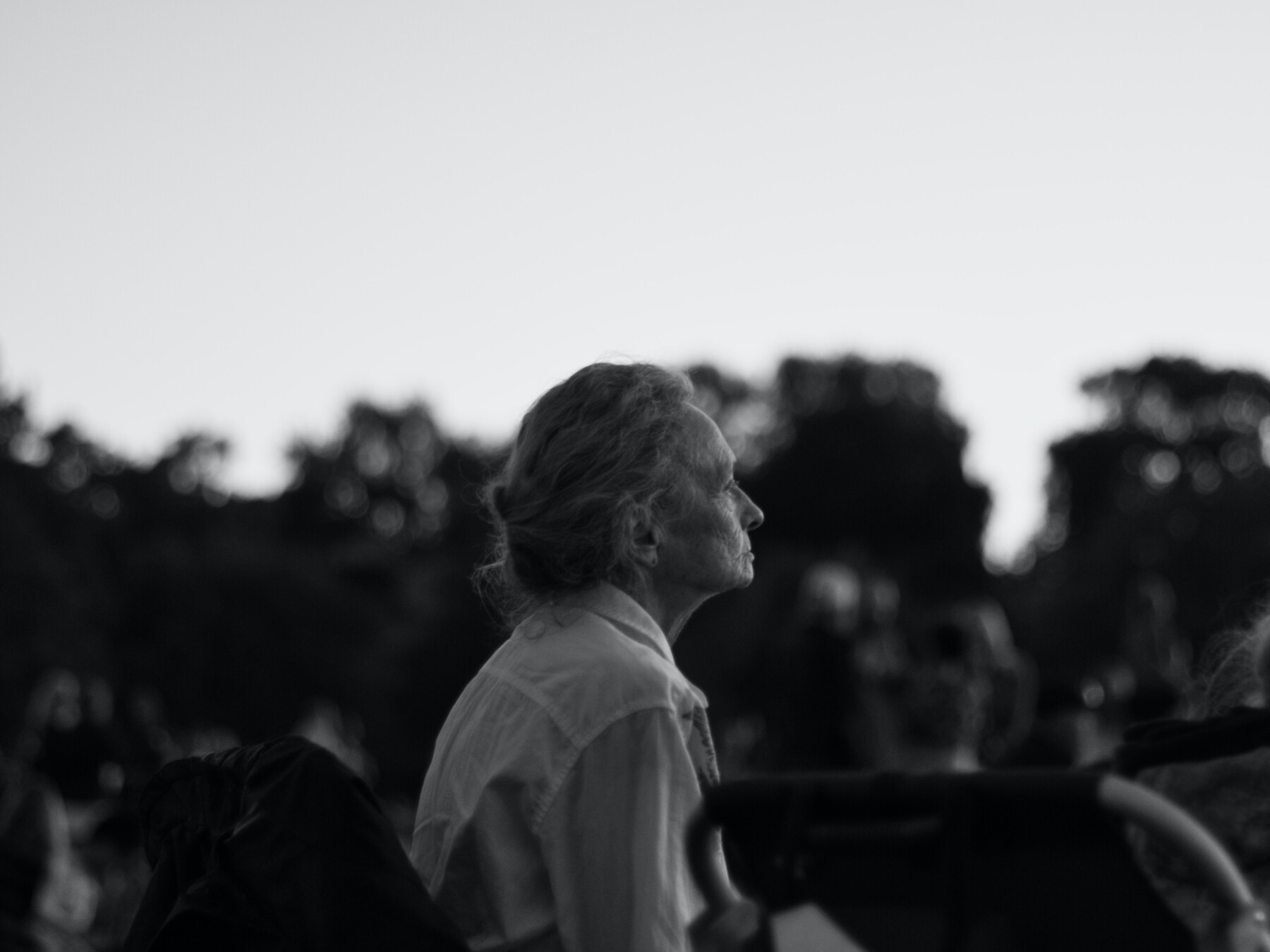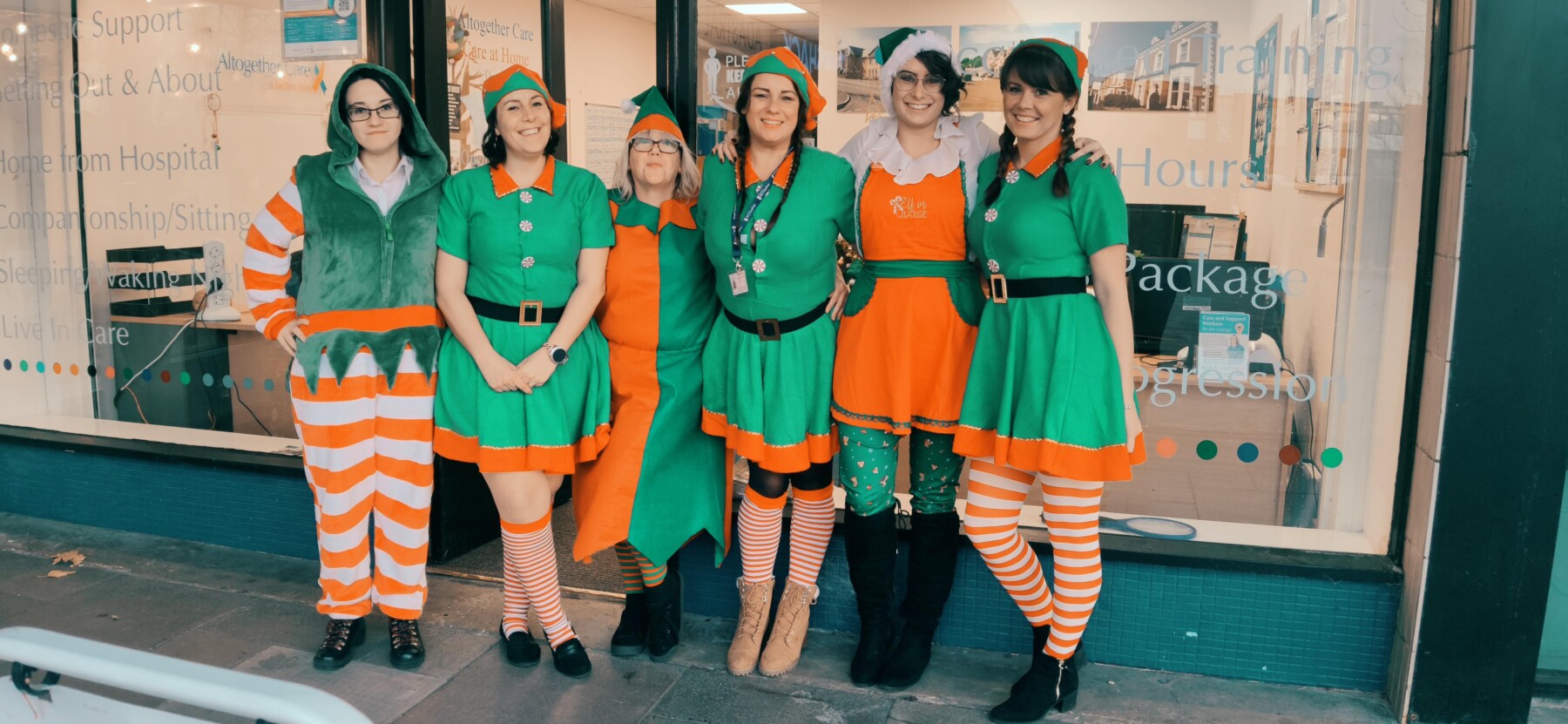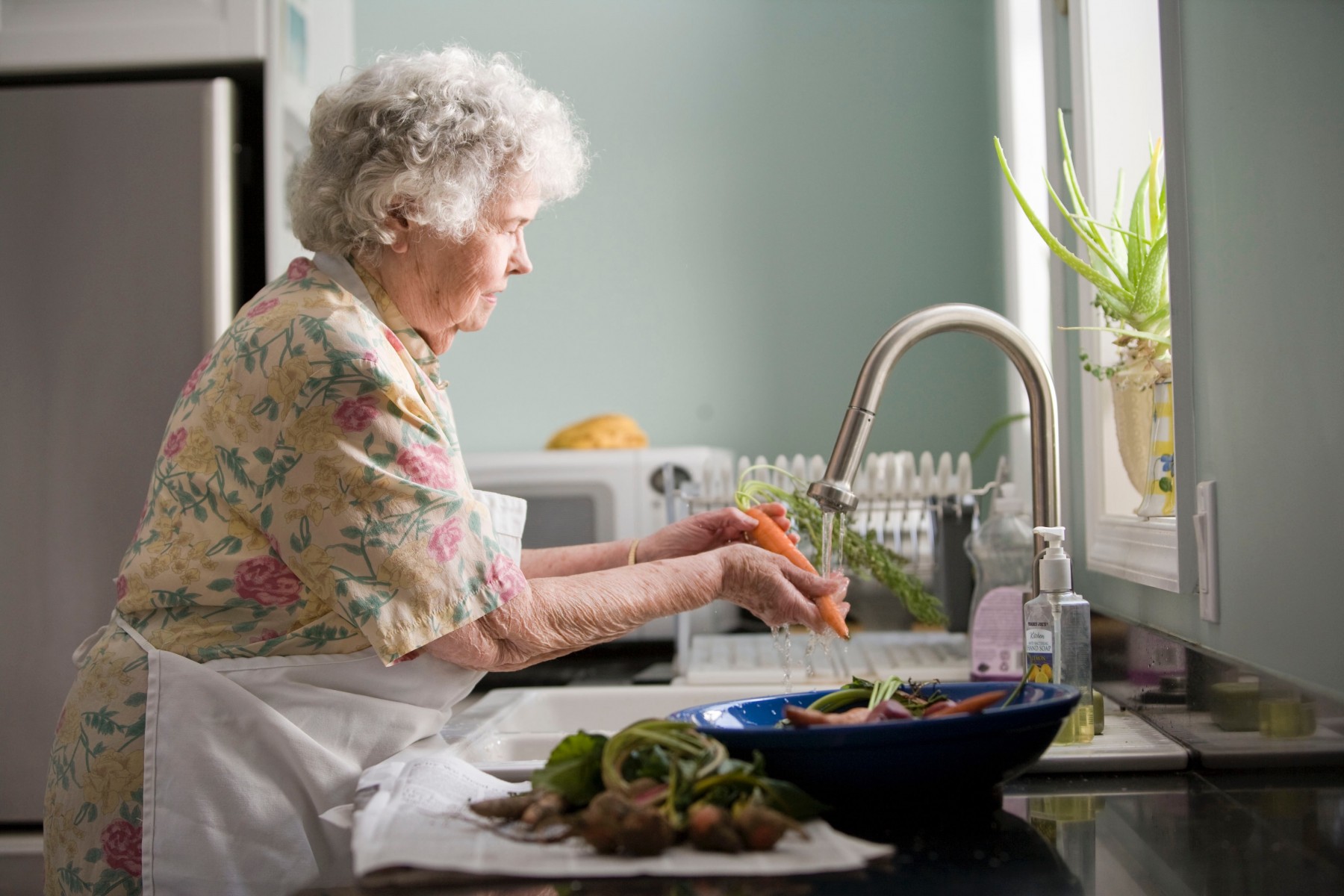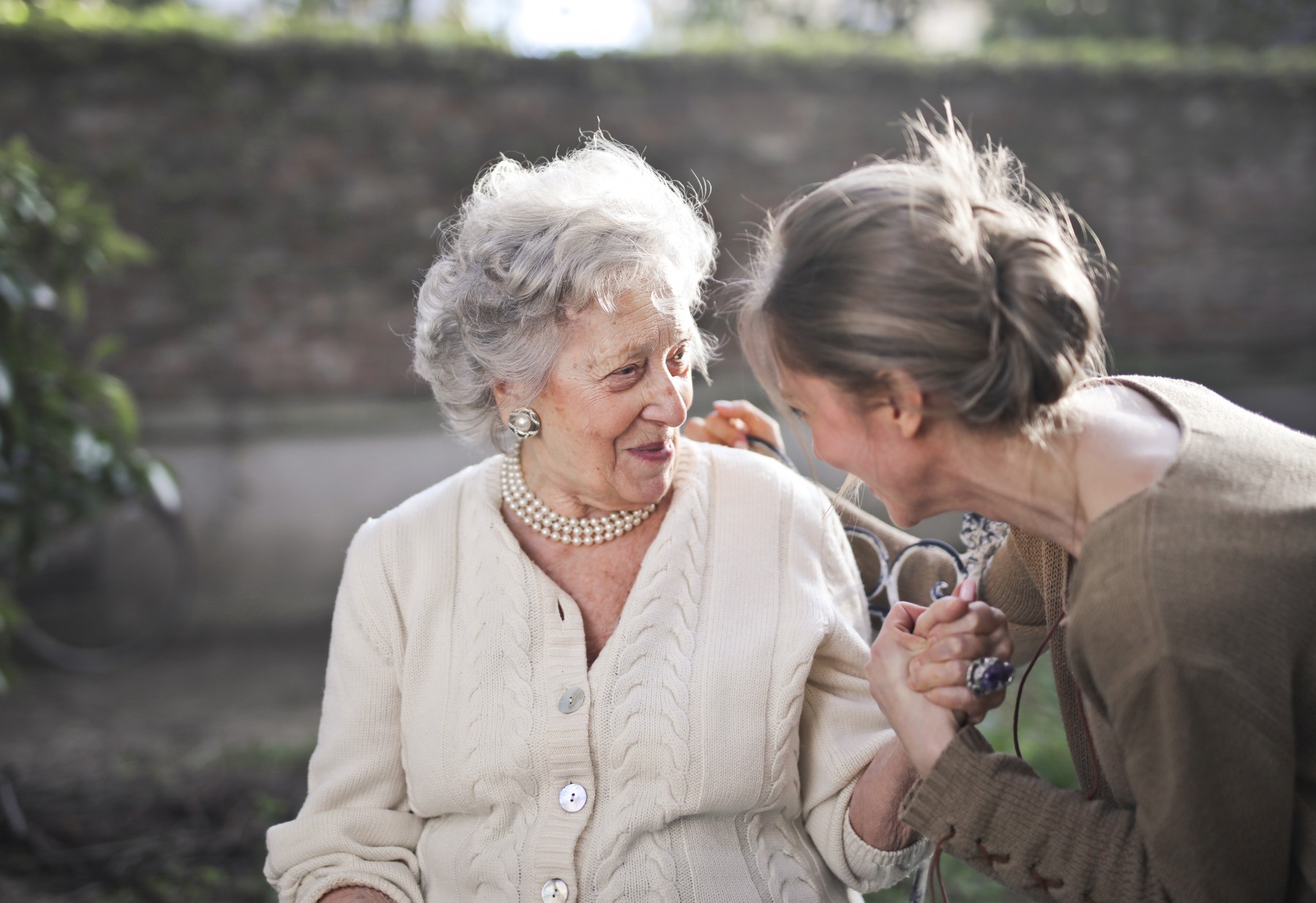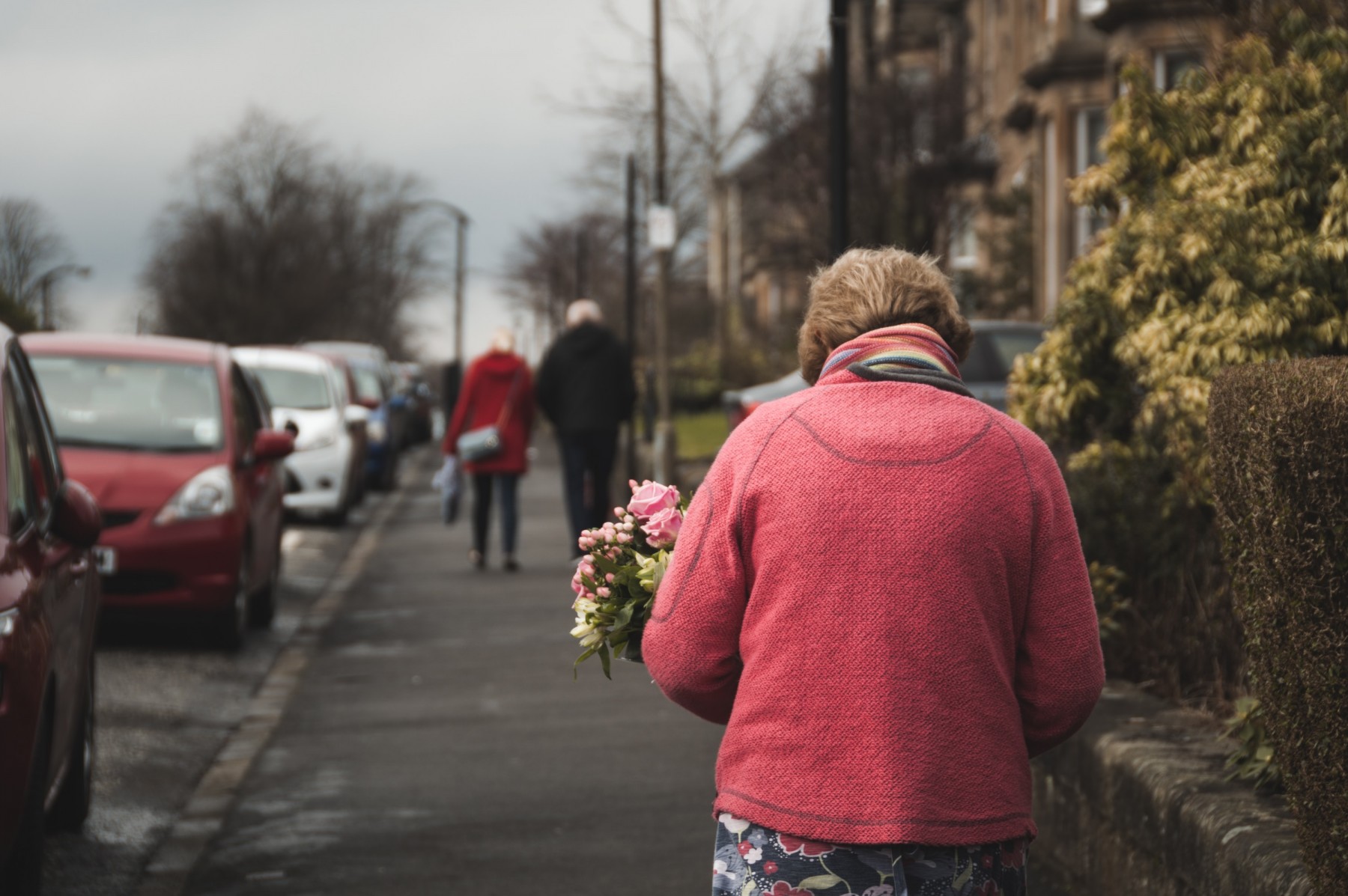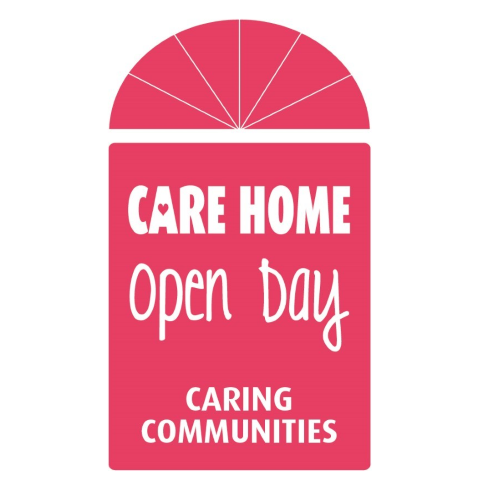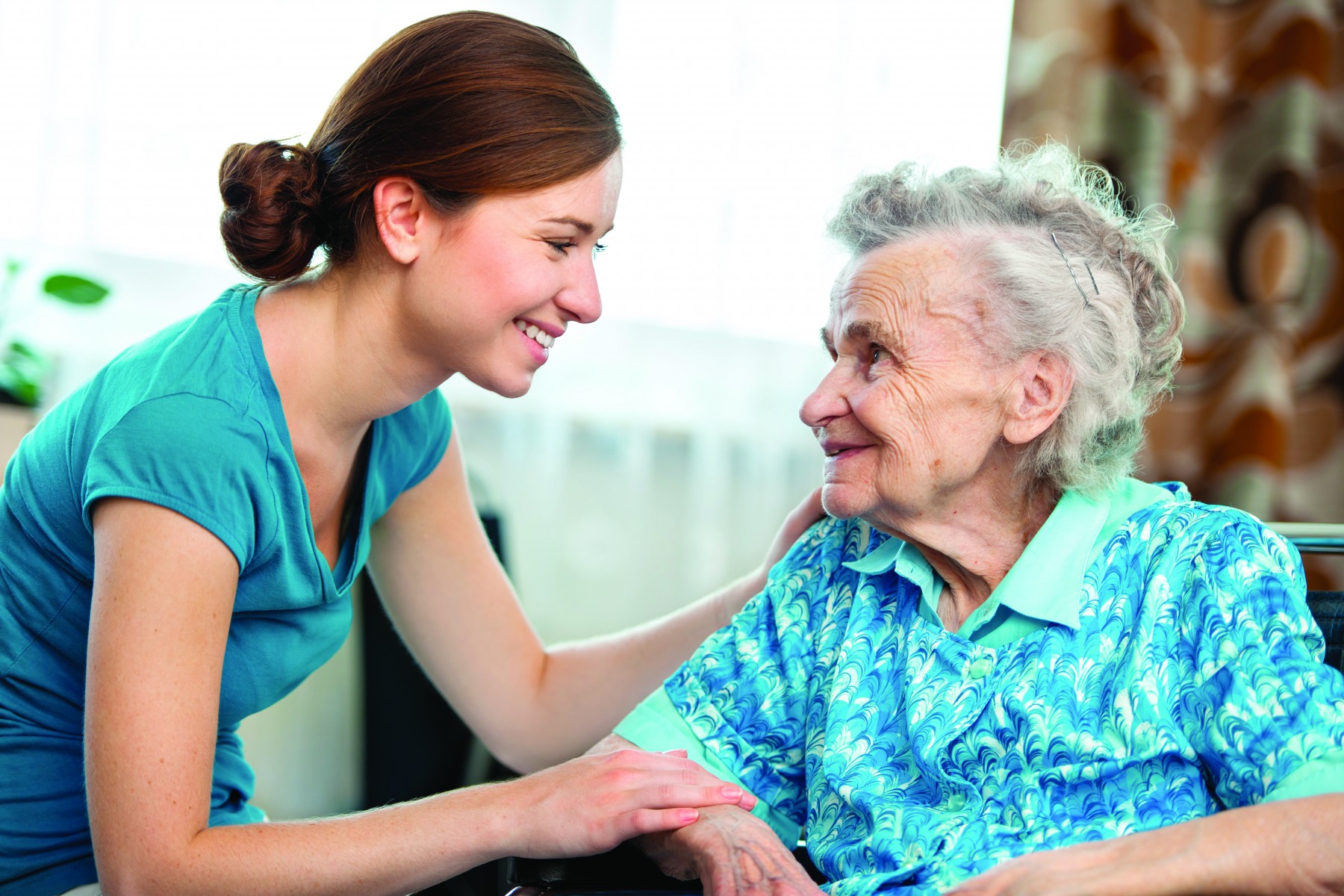Having just bid farewell to the last decade and ushered into the next, I found myself musing over what Altogether Care LLP (ATC) had achieved in the last 10 years and what it might achieve in the next 10 years.
Looking back over the last decade, I derive great satisfaction from ATC’s organic growth, marked by the optimisation of our care home buildings, the rapid expansion of our Care at Home business and the significant increase in our neighbourhood customer base. This has enabled us to move up from a local business enterprise to a much larger regional enterprise that is now delivering the resources necessary for further expansion in the next decade.
Traditionally business logic would argue that the sole purpose of any business is to make a sensible profit to sustain its safe operation. While this is an important financial metric, ATC’s Board of Members judge it to be a narrow image of our business that constrains how we see our role in society. It is their view that while ATC must always strive for success in a business sense, it should not necessarily be expressed only in financial terms without any focus on the pastoral side of our care work and the well-being of our staff.
While it is uncertain what the UK’s future will look like outside the European Union, I have every confidence that our great nation will grasp the nettle and make Britain a powerhouse again. However, following Brexit, the government’s immigration policy will likely have a negative impact on the ability of the NHS and social care providers, such as ourselves, to recruit sufficient UK staff to replace EU staff upon whom we have become increasingly reliant.
With the above in mind, ATC needs to have an increasingly positive and progressive influence on the care sector over the next ten years. We must also recognise that we cannot grow the business without large numbers of good employees with a passion for care work and the right skill sets. Our business strategy must therefore be progressively shaped around the lives of our employees and service users and what makes their work and lives worth living. This will require a change in our thinking, remembering also that our care workers are both internal players and the company’s representatives in the community.
No doubt this will require more investment in our work force and society in general to help ATC build upon the institution that is its family business. To serve this purpose, the Board will, I am sure, wish to think beyond our business portfolio and make more room for investment in our employee’s empowerment, emotional engagement, values-based leadership, and related social contributions. In short, our employees, service users and society should not be an afterthought but must be placed at the core of our business plan.
In the next decade, I would expect ATC to continue to be a high-performing and growth minded business, which consistently meets services users’ needs and adds value by; providing satisfying jobs for our employees and by forging relationships with a network of suppliers and business partners, who can provide resources for improvement in such areas as, assistive technologies, innovation around service delivery and cost efficiencies wherever possible. Moreover, we should seek public approval for what ATC is and does by aligning our business objectives more closely with social values and reflecting this in our marketing approach.
In conclusion, only by thinking of ATC as a social institution, with strong family values, fantastic work culture, vibrant workplace environment and a as meritocracy offering a real chance for self-improvement and career success can we expect to attract and retain superior employees with a calling for care.
I firmly believe that in the immediate future ATC should place social logic alongside financial logic as a guiding principle for its market analysis, recruitment and retention, education, training, employment policy, and managerial decision making. This I feel will add another exciting dimension to our service that is significant, or more so, than commercial success alone.
It continues to be an immense pleasure for me to work with so many dedicated people who make a huge difference to the quality of older peoples’ lives.
Happy New Decade.
Brian Westlake
